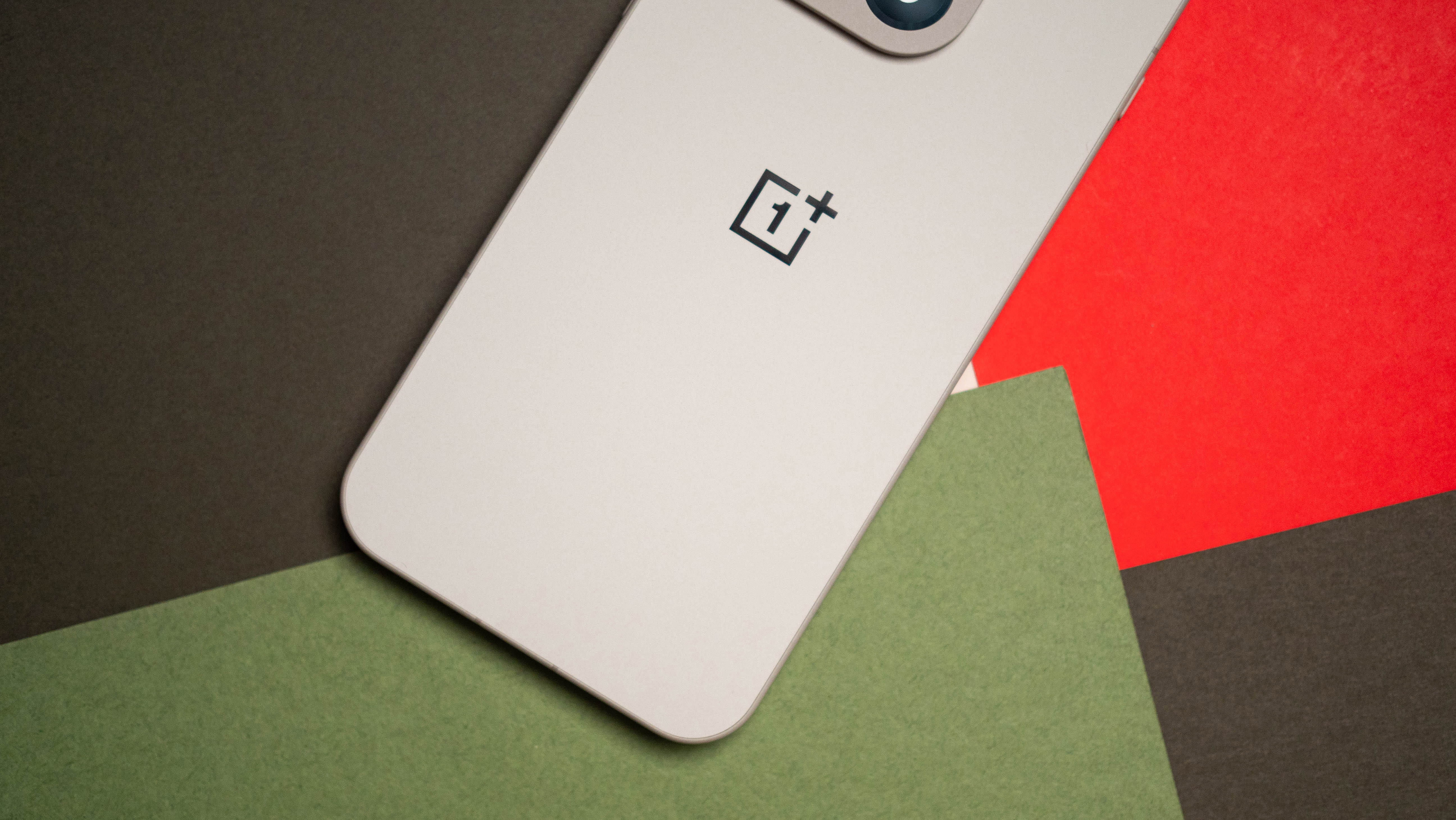Sony's game preservation efforts could use some serious improvement
Keeping it old school.
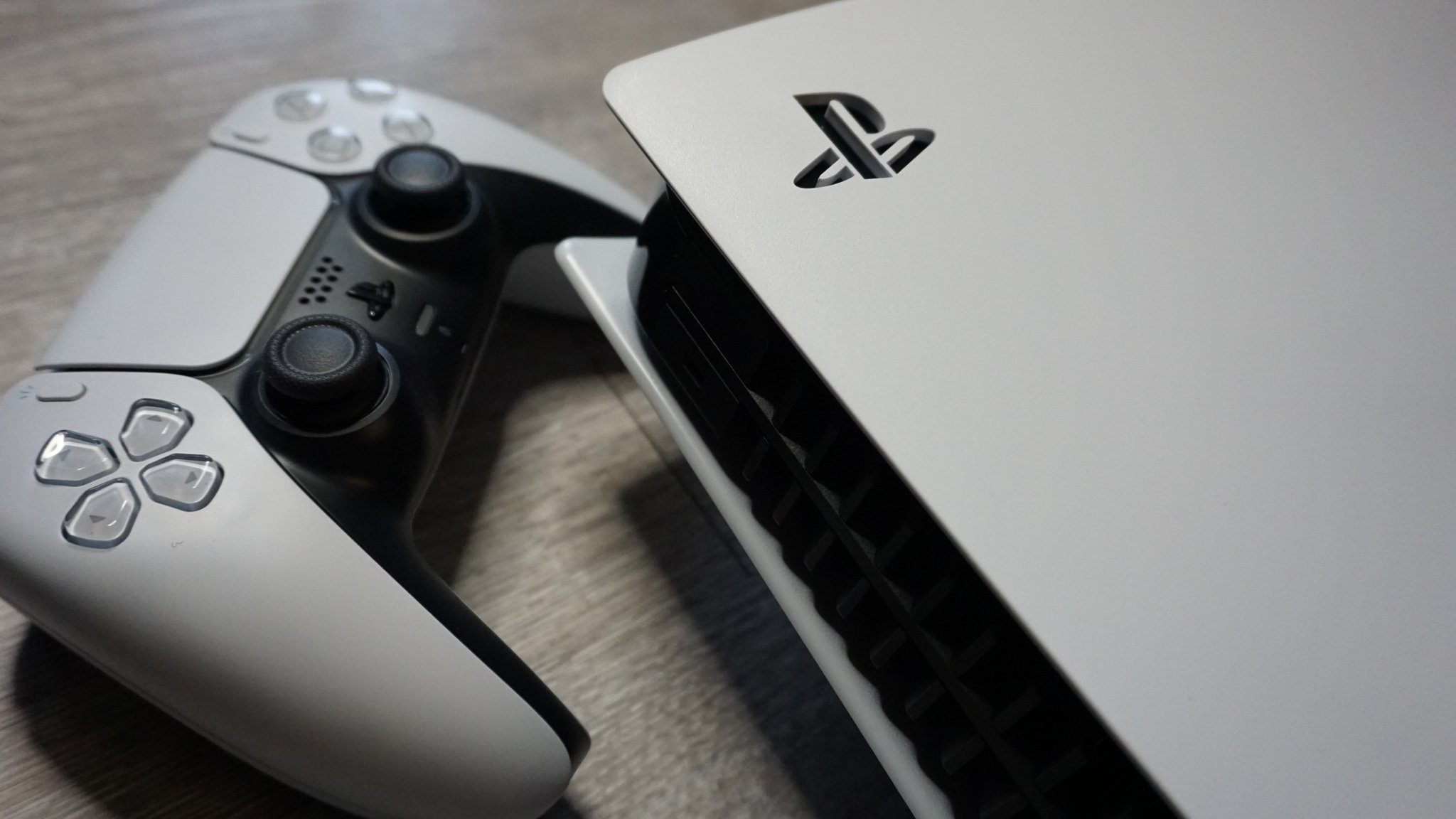
As we move further away from physical media and as previous game generations become more irrelevant as time passes, game preservation is becoming a growing issue in the modern industry. PlayStation is the brand at the forefront of this discussion, one that has largely viewed accessibility to older titles with indifference, despite a strong desire for it from consumers. But as other video game companies have tackled this problem with varying degrees of success, Sony continues to view game preservation and backward compatibility as a low priority. So how can it improve?
Preserving the past
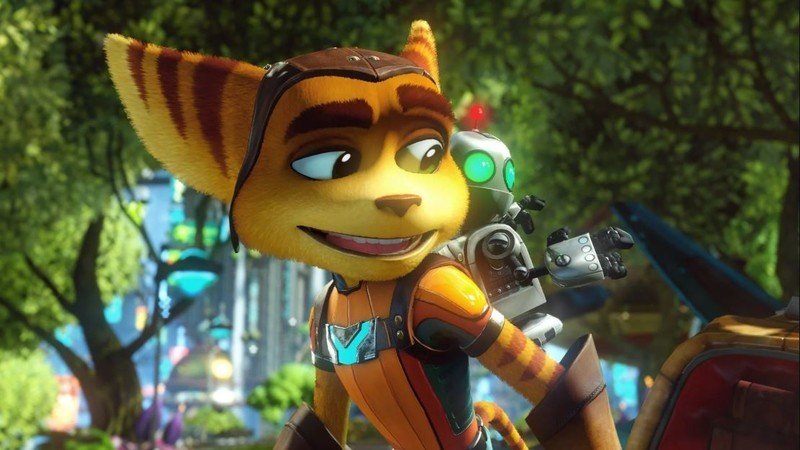
The attempted closure of the PlayStation Vita and PS3 stores last year was an indication to many regarding the focus of Sony going forward. The public backlash was strong and led to a reversal of this decision, but the payment options on the Vita store were later restricted to store credit only. A big reason for the backlash was the amount of games that would have been lost due to the closures, with the Vita store particularly notable for its backward compatible library of PS1 and PSP games that are currently not available digitally elsewhere. The PS5 didn’t feature compatibility with early PlayStation console games, and while the release of the PlayStation Classic managed to get a few ports of PS1 games out to players, the console was poorly received and largely viewed as a cash grab.
The attempted closure of the PlayStation Vita and PS3 stores last year was an indication to many regarding the focus of Sony going forward.
Sony currently doesn't view game preservation and backward compatibility as part of its overall strategy. PlayStation CEO Jim Ryan suggested last year that remakes were more of a focus when considering older IP, with Ratchet and Clank receiving this treatment in 2016 instead of an update to the originals beyond the remastered collection that appeared on PS3. While remake saturation is a problem that affects today’s gaming landscape as a whole, there is a reluctance from Sony to revisit older titles, something that could result in the loss of these games in future as copies get harder to find, and digital versions are more rarely supported.
Sony could remedy this by following in the footsteps of rivals such as Microsoft, with the Xbox store being full of much older titles through its well-received backward compatibility program. This library has been building since 2015, and recently completed its final update of titles, with nearly 600 original Xbox and 360 games able to be purchased in one place. While some older third-party games have been added to the PlayStation store over the years, first-party titles have mostly been ignored as newer hardware takes center stage.
Considering the PlayStation brand contains such a rich history of games, there would not be a shortage of older franchises and IP to bolster the store with. Sony could also follow Microsoft’s example of using the power of the latest console hardware to improve the resolution or frame-rate of older titles, giving curious newcomers more incentive to try games from previous generations, as well as long-time fans. Though the PS5 has Game Boost, it's not quite as robust as what the Xbox offers.
Offering new means of access
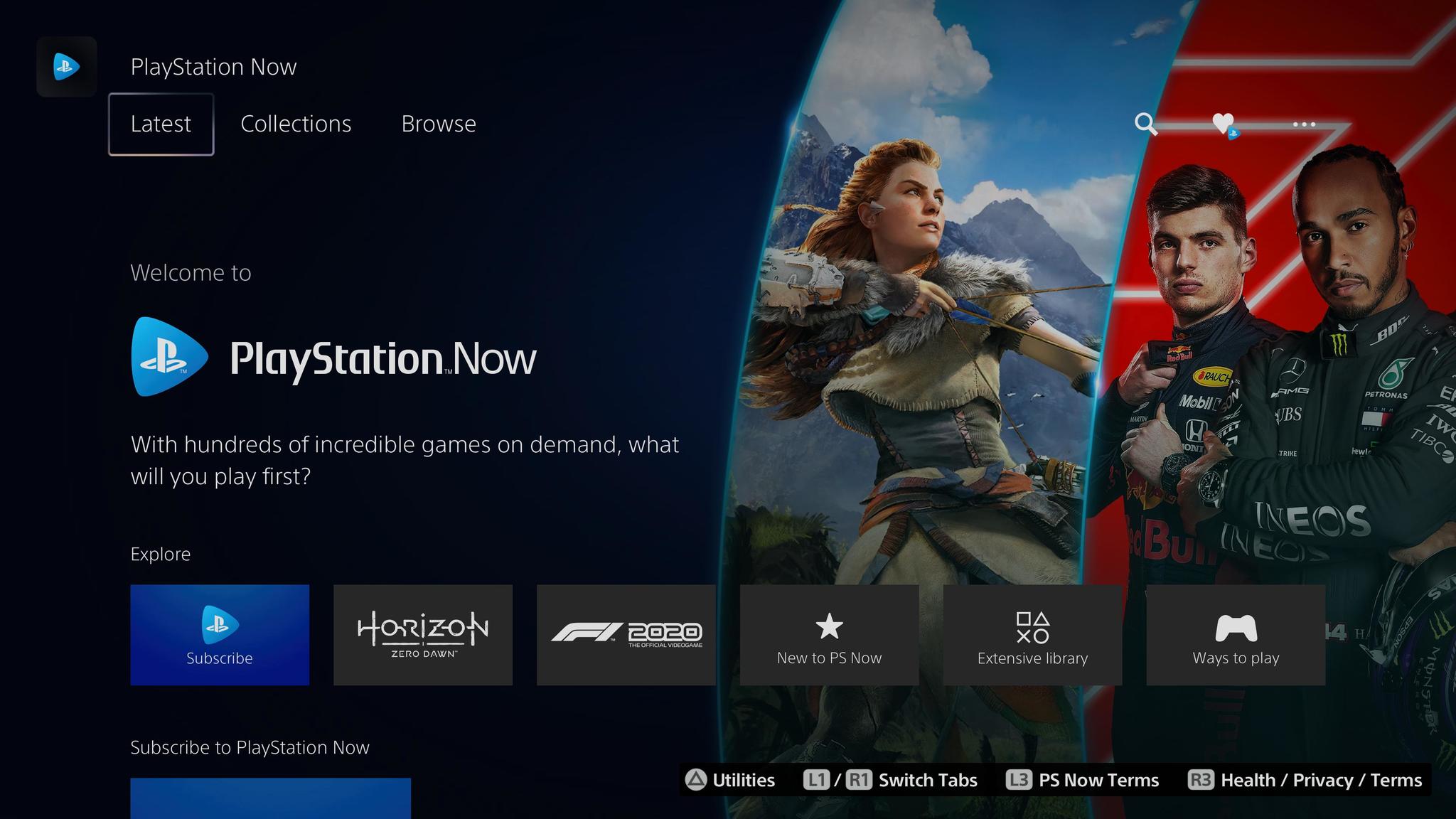
Another strategy for Sony to improve its relationship with backward compatibility can be found with the upcoming Xbox Game Pass rival, currently codenamed Project Spartacus. The planned subscription service is already highly anticipated, primarily aiming to merge the existing PlayStation Plus and PS Now services into one entity. Project Spartacus presents a fantastic opportunity for Sony to provide users with older titles in a digital format, and while there are currently PS2 and PS3 games on PS Now, they can only be accessed via streaming. This isn’t ideal for users with a slower internet speed, and the PS2 offering in particular is fairly small.
There is a lot of room for improvement in this regard on the revamped service, and while rumors indicate that Project Spartacus will include a library of games from previous generations, it remains to be seen to what degree this will improve upon the PS Now selection.
Get the latest news from Android Central, your trusted companion in the world of Android
If recent day one additions to PS Now are any indication, Sony may attempt to directly rival Game Pass by adding new games on their release date, but it could struggle to compete in this way due to Xbox’s dominance in this area. It may be better suited by utilizing nostalgia, something Nintendo has used to its advantage. Recent additions to its Nintendo Switch Online service have included Nintendo 64 support as well as Sega Genesis titles. While that hasn’t been too well received due to Nintendo’s aggressive pricing strategy, a strong history is something that Sony also possesses, and it should be embraced this generation.
Bringing late adopters up to speed
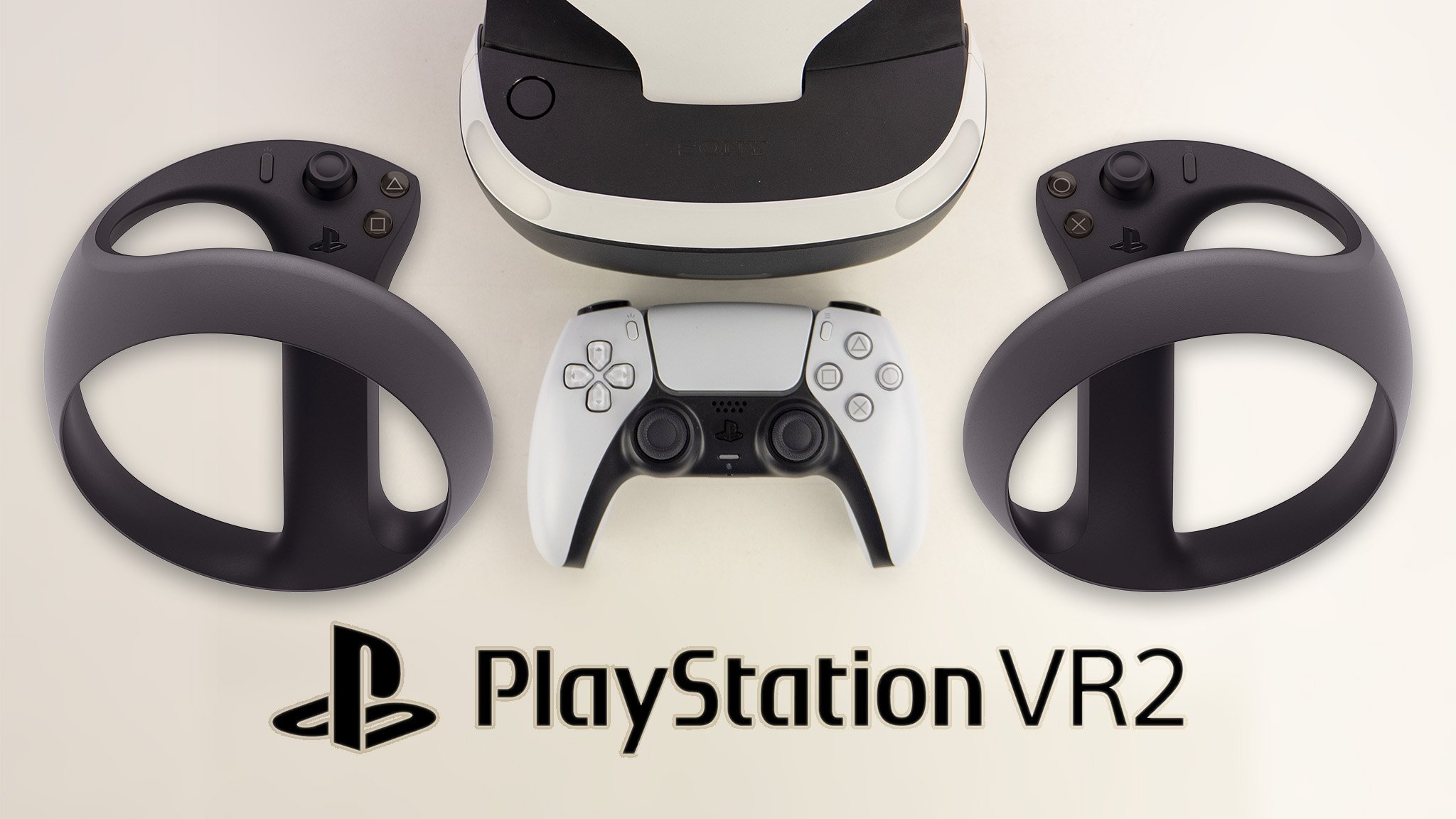
PS VR2 has been announced and is rumored for a release later this year, packing some hugely upgraded specs when compared to its predecessor. Although the original headset has reportedly sold around 5 million units as of 2020, it is still considered non-essential for the majority of PlayStation owners and has retained a gimmicky status among some sceptics. Many people won’t have played existing PSVR titles, and these games will fade into obscurity if the upcoming headset releases without backward compatibility.
So far, Sony hasn’t stated whether this will be the case, and with a clear push by Sony to get PS VR2 into the mainstream, many people could jump into console VR without having experienced previous games. A large number of these games are only available digitally, and their existence could be threatened in the future if Sony decides not to make them playable on the latest hardware. While it could be tricky for titles that lean heavily on the lightbar technology that is no longer a feature of PS VR2, there are a sizeable number of quality PSVR games that could come to the upcoming headset, and bolster its appeal to the inevitable wave of new players.
Final thoughts
Overall, Sony could do much more to improve game preservation and backward compatibility, with concern growing as it further pursues a more forward-thinking strategy. Following in the footsteps of other prominent companies such as Microsoft could be an option, with its backward compatibility program making it easier for people to get their hands on older titles.
The ability to play original PSVR titles on the upcoming PS VR2 headset would prevent many games from fading into obscurity, while Project Spartacus represents a real opportunity for Sony to bring legacy titles to a modern audience, preserving them into the future. Rumors point to the subscription service offering players a library of older games, but it remains to be seen how fleshed out this will be, and how much Sony commits to this going forward. Perhaps a positive reaction to Project Spartacus will give Sony the evidence it needs to incorporate game preservation and backward compatibility into their strategy, and give beloved titles a new lease of life.

Matt has been gaming since he was young, and enjoys exploring obscure indie games in between the latest AAA releases. The train sequence from Uncharted 2 still blows his mind. Find him on twitter @mshore94.
